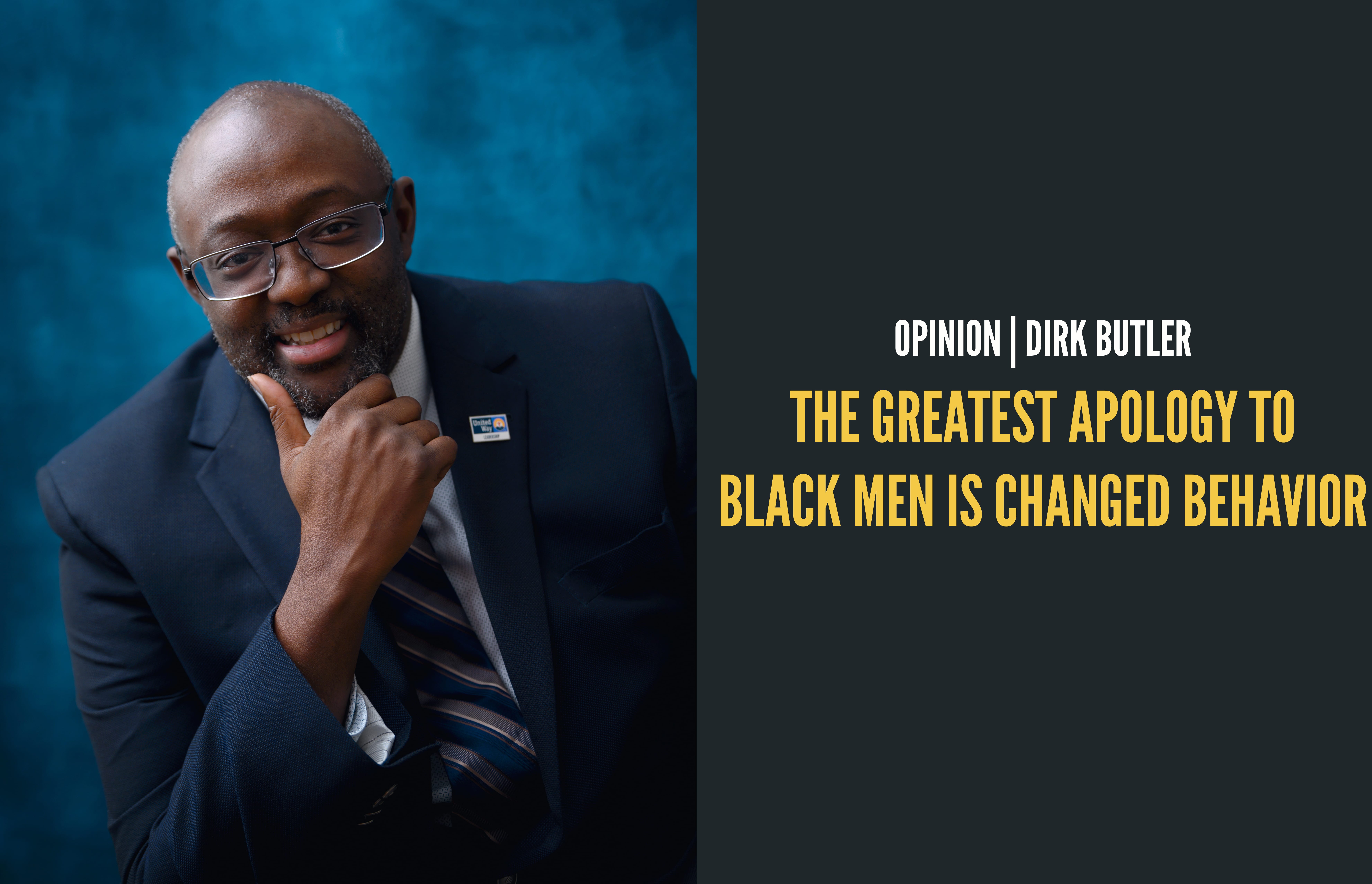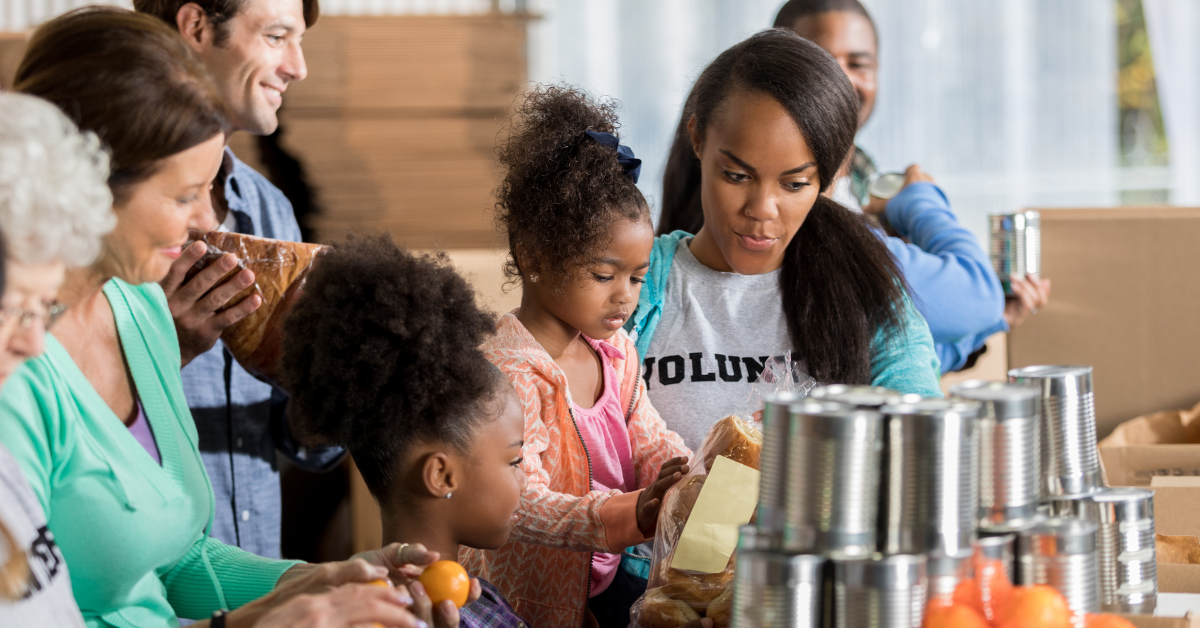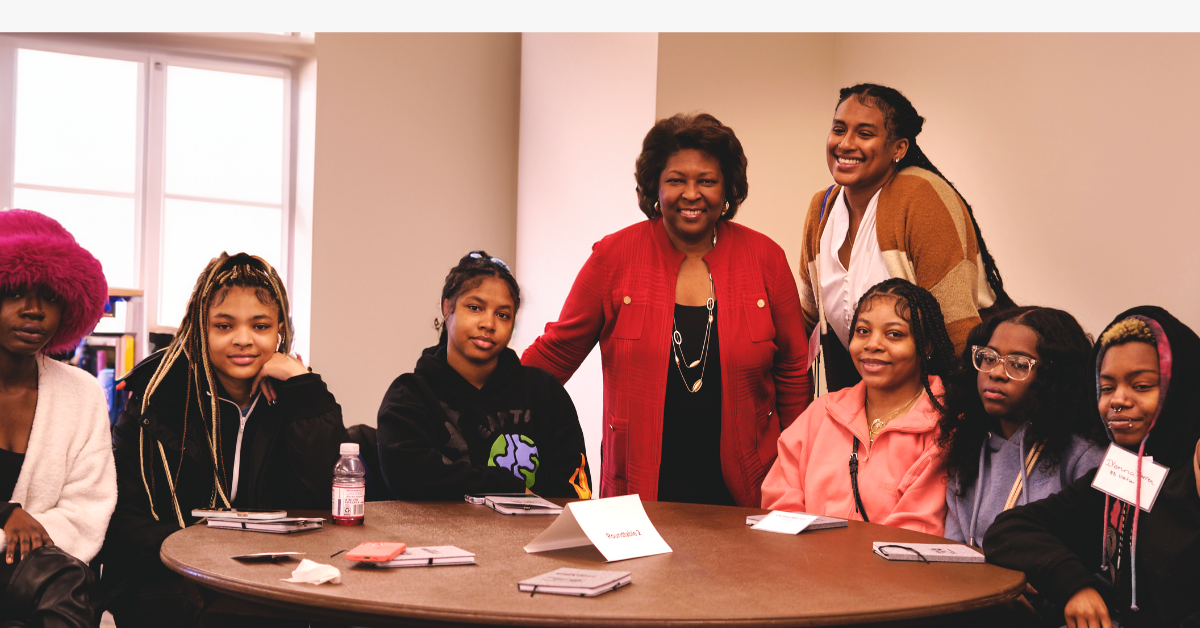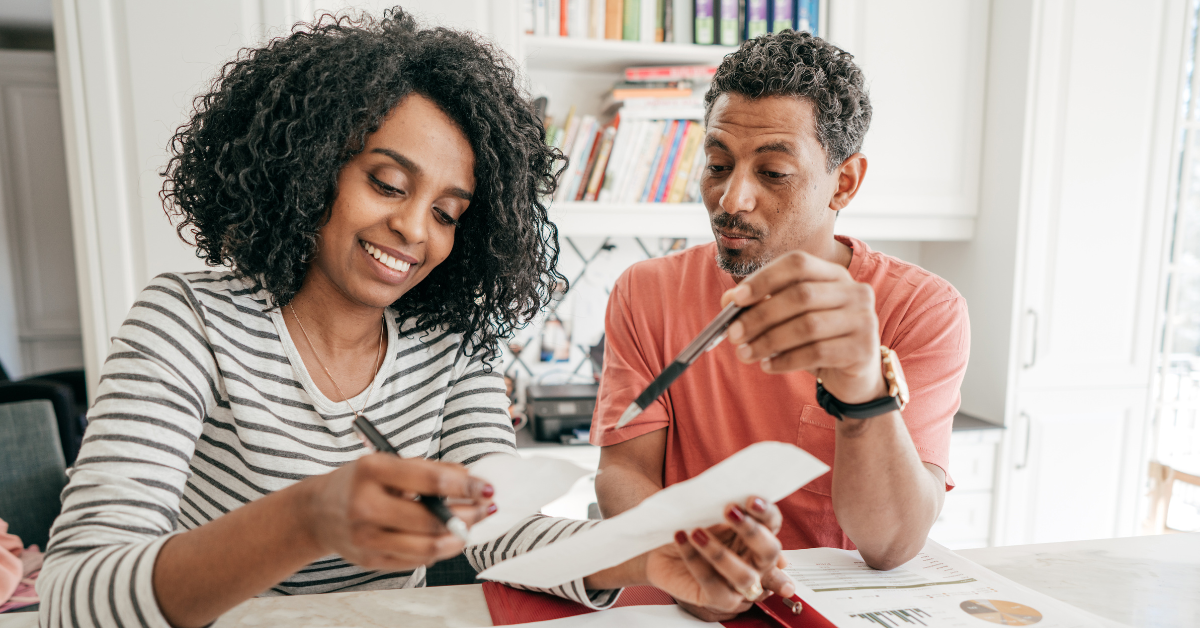
To process what’s been going on in the country and experiences that have happened in my own life, I’ve been having conversations with my brothers at work, friends, family, and people with whom I grew up. Collectively, we’ve come to identify that people don’t love Black men. They don’t care for us, don’t cheer for us, and don’t love us; therefore, it’s easy for them to extinguish our lives.
While it hurts to know that you’re not loved, what’s even more damaging is knowing that you can’t express that hurt. You can’t take a moment to be vulnerable. You’re trapped in an incessant cycle of pain that we’ve learned to ignore. The result of that pain is self-destruction, and that’s what systemic oppression wants. And when you see that pain in the Black men murdered, the sense of powerlessness and fear, that realization of not being loved turns from theoretical to a hard fact.
The debilitating paradox of wanting to be soft and vulnerable but toughening our callous is what Black men face. Some of us are just now waking up to our truths and our fears: we’re afraid of being shot, sent to prison or killed for something we didn’t do. We want a system that uplifts us from being miseducated, living beneath our potential, and curtailing our chances at success.
There’s never been a sanctioned place for Black men to process those fears and emotions. As we march, protest and try to lift liberation and justice, know that the solution is much deeper than systemic and policy change. Black men need catharsis—an opportunity to feel, to soften, and to heal. To hear that society and the country as a whole have failed them and the many generations prior at every turn—educationally, academically, economically, mortally. The hurt and trauma we’ve experienced is not a perceived conspiracy but historically documented. We need a space of public discourse to work through the traumas that America has enacted on us. Then, we can begin to heal.
As humans, each of us knows the first step to recovery starts with an apology. As small children, as soon as we can speak the words, we are asked to apologize for our faults. It’s uncomfortable and we fumble, but the lesson learned is accountability for our actions, words, or wrongdoing. The greatest apology my brothers and sisters can receive at this point is changed behavior. A change in behavior of how you view and work with Black men and women. Help us finally and rightfully see ourselves differently—having equal power, worth and value. Let this changed behavior be the beacon after the spotlight of our work for change begins to wane. Let your actions show us that you are here to persevere and stay steadfast. Continue to show us that you are on the right side of history, the right side of the work fighting for equity and the right side of humanity.
This piece is part of a collection of stories told by African American male colleagues at United Way NCA. To hear more, please visit: https://unitedwaynca.org/podcast
This article originally appeared in the PG Post.


